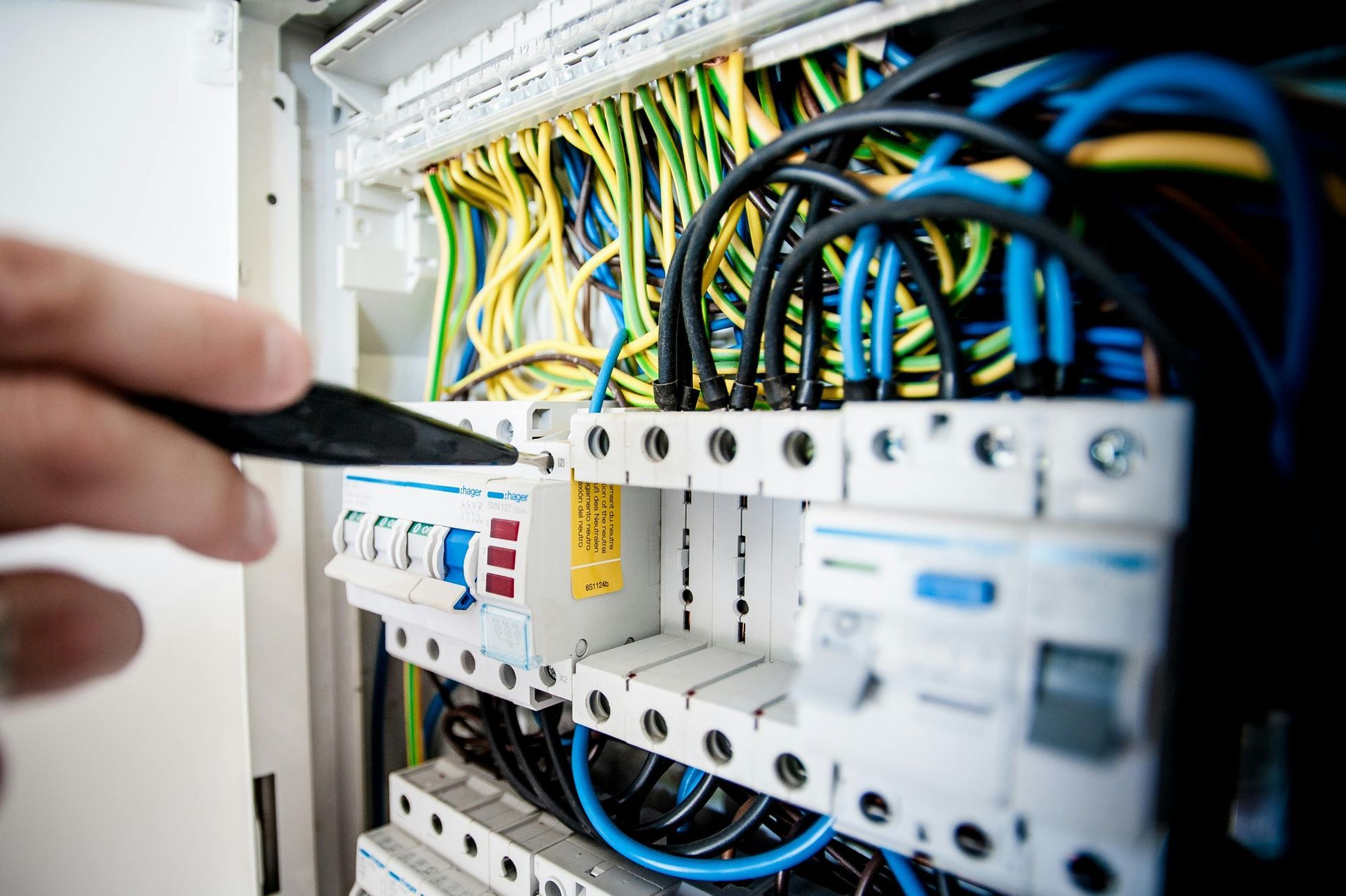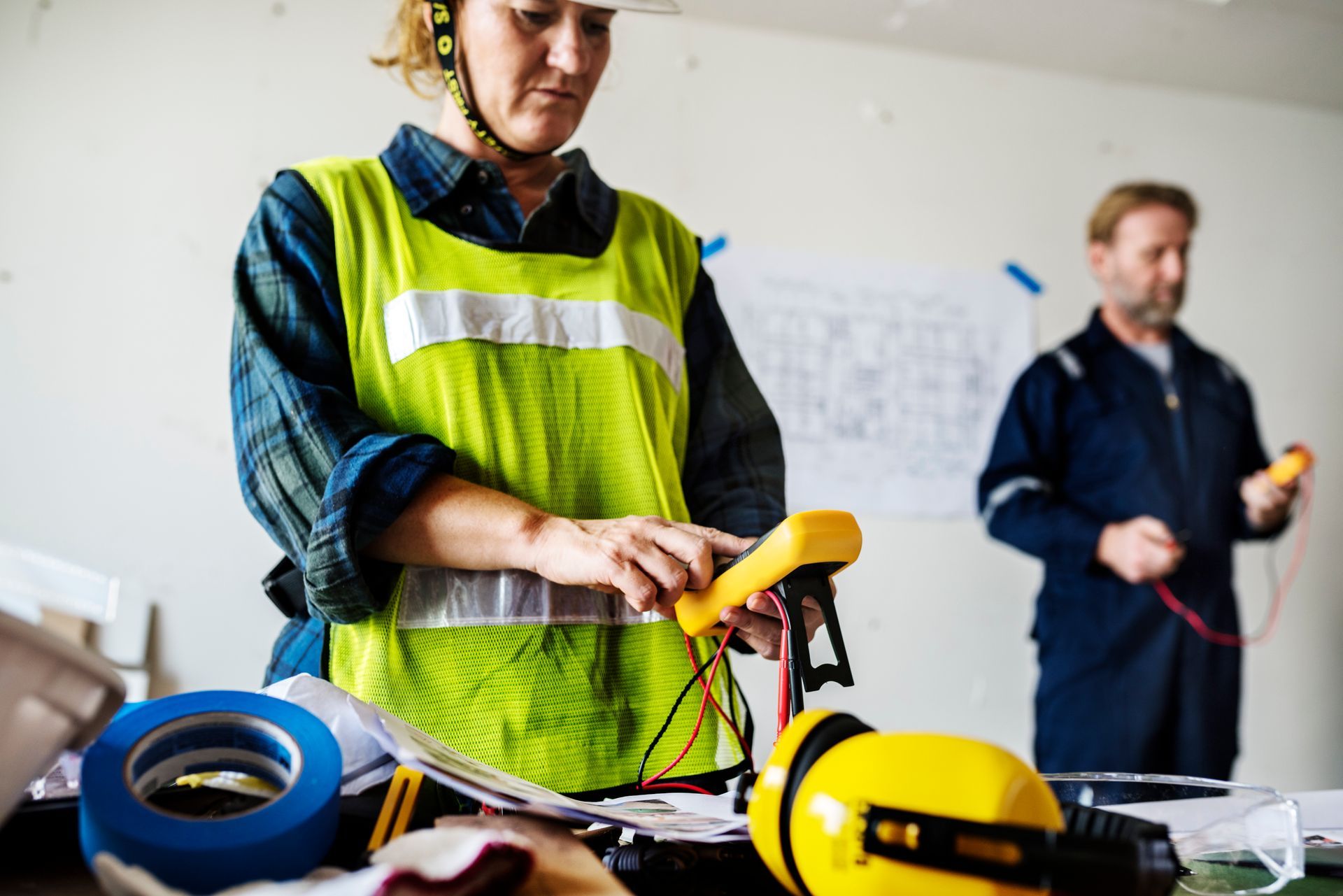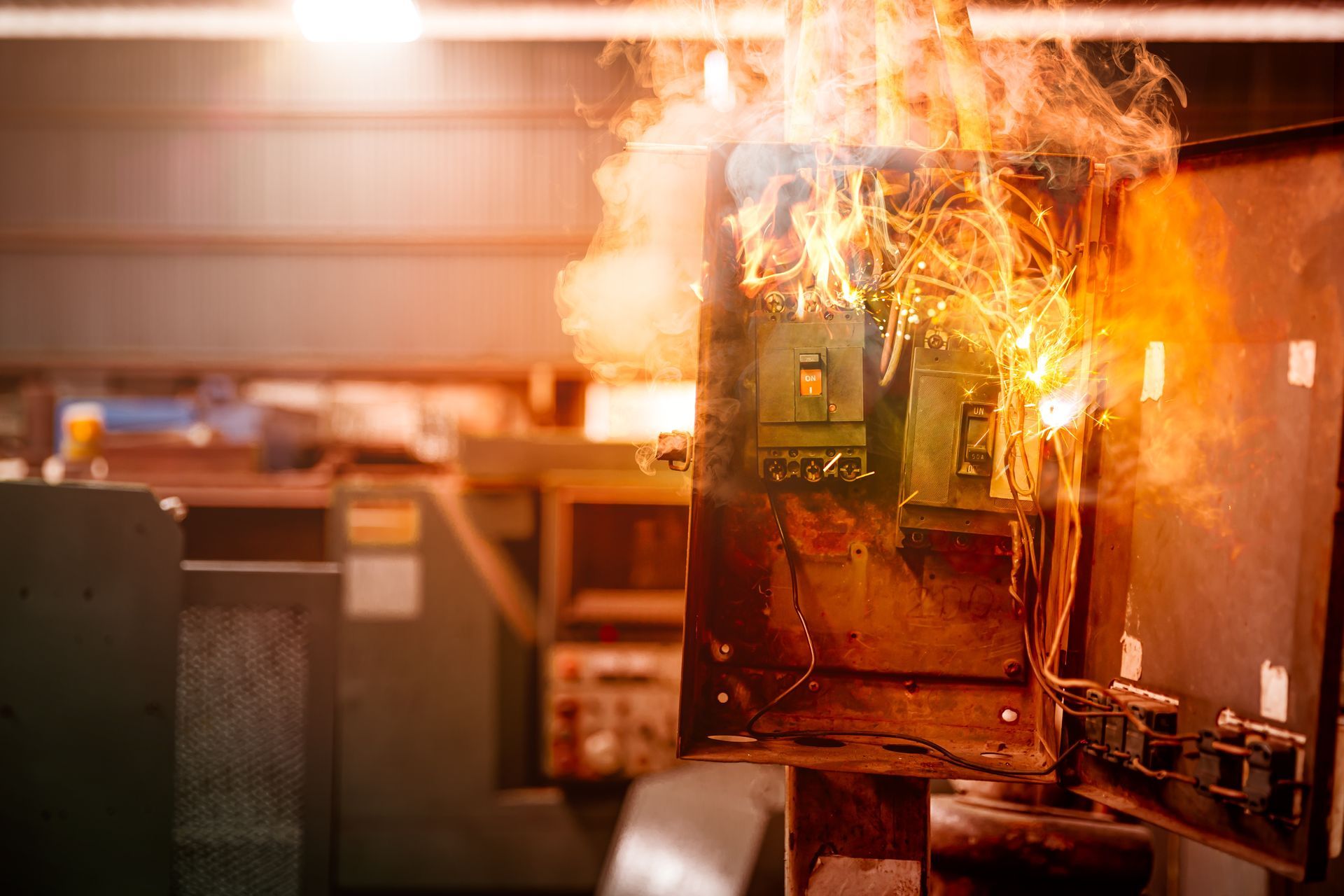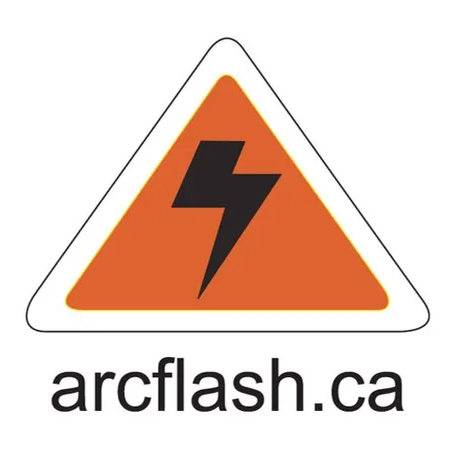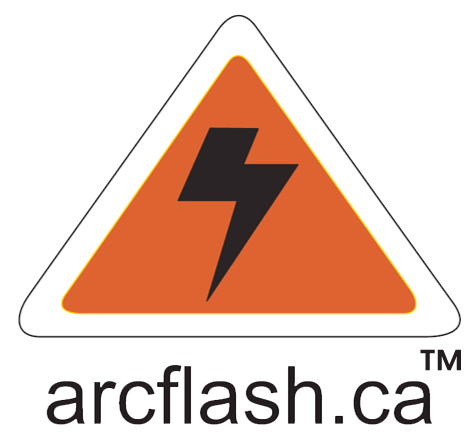What Should I Ask an Electrician Before Hiring Them?
Hiring an electrician is a decision that directly impacts the safety and functionality of your home or business. Electrical work is not a DIY project; it requires specific skills, knowledge, and adherence to strict safety codes. Choosing the wrong person for the job can lead to faulty wiring, fire hazards, and costly repairs down the road. To ensure you hire a qualified and reliable professional, it’s essential to ask the right questions upfront.
This guide will walk you through the critical questions you should ask any electrician before they start work. By gathering this information, you can make an informed decision and gain peace of mind knowing your property is in capable hands.

1. Are You Licensed and Insured?
This is the most important question you can ask. Never hire an electrician who cannot provide proof of proper licensing and insurance.
Why Licensing Matters
A license is proof that the electrician has met the minimum requirements for training, experience, and
examination set by provincial or state authorities. It shows they are knowledgeable about the current
electrical code and safety standards. Hiring an unlicensed individual puts you at risk for subpar work that
may not pass a safety inspection.
The Importance of Insurance
Insurance protects you, your property, and the electrician. There are two key types of insurance to verify:
- Liability Insurance: This covers any damage to your property that might occur during the project. For example, if faulty work leads to a fire, liability insurance would cover the repairs.
- Workers' Compensation: This protects you from being held liable if the electrician or one of their employees is injured on your property. Without it, you could be responsible for their medical bills and lost wages.
Ask to see a current certificate of insurance and verify that the coverage is active. A professional electrician will have this information ready and will be happy to share it.
2. What Is Your Experience and Specialization?
Not all electrical work is the same. Some electricians specialize in residential new construction, while others focus on commercial projects or industrial maintenance. It’s essential to find someone whose experience aligns with your specific needs.
Ask them about their background:
- "How many years have you been working as an electrician?"
- "What kind of projects do you typically handle?"
- "Have you done work similar to my project before?"
An electrician who has extensive experience with older homes will be better equipped to handle the unique challenges of a century-old house, such as knob-and-tube wiring. Similarly, if you need a commercial panel upgrade, you want someone who specializes in that area.
3. Can You Provide References?
A reputable electrician should have a list of satisfied customers. Asking for references and actually checking them is a great way to gauge the quality of their work and their professionalism.
When you contact a reference, consider asking:
- Was the project completed on time and on budget?
- Were you satisfied with the quality of the work?
- Were the electrician and their team professional and easy to work with?
- Did they clean up the worksite after the job was finished?
Hearing directly from past clients provides valuable insight that you won't find anywhere else. Online reviews can also be helpful, but speaking to a reference allows for a more detailed conversation.
4. How Will You Handle the Project and What Is the Cost?
A clear and detailed estimate is a sign of a thorough professional. Avoid electricians who give you a vague quote or a price over the phone without seeing the job site. A proper estimate should be in writing and include a breakdown of costs for labour and materials.
Key questions about the project and cost include:
- "Can you provide a detailed, written estimate?"
- "What is included in this price? Are permits and inspection fees extra?"
- "What is your payment schedule?"
- "Who will be performing the work—you or your employees?"
- "What is the estimated timeline for completion?"
Understanding the full scope of the cost and project plan helps prevent misunderstandings and unexpected expenses later. Be wary of any electrician who asks for the full payment up front. A common practice is a deposit to cover materials, with the final payment due upon satisfactory completion of the work.
5. Do You Guarantee Your Work and Handle Permits?
Professional electricians stand behind their work. Ask about any warranties or guarantees they offer on their labour and the materials they use. This gives you recourse if an issue arises after the job is complete.
Additionally, most significant electrical work requires a permit from your local municipality. The permit process ensures that the work is planned and executed according to the safety code, and it includes an inspection by a third-party authority upon completion.
An experienced electrician will know exactly when a permit is required and will handle the entire application and inspection process for you. An unwillingness to pull a permit is a major red flag, as it often means the person is trying to cut corners or is not licensed to do the work.
Your Trusted Expert for Electrical Safety
Navigating the complexities of electrical work can feel overwhelming, but you don't have to do it alone. Finding a professional who embodies all these qualities—licensing, experience, transparency, and a commitment to safety—is key.
For any electrical needs, from safety assessments to complex installations, Len Cicero at Arc Flash is ready to assist. With a deep commitment to safety, professionalism, and customer satisfaction, Len has the expertise to ensure your project is done right. He understands the importance of clear communication and provides the reliable service you need for total peace of mind.
Don’t leave your property’s safety to chance. For your next electrical project, reach out to Len Cicero and experience the difference that true expertise makes.
